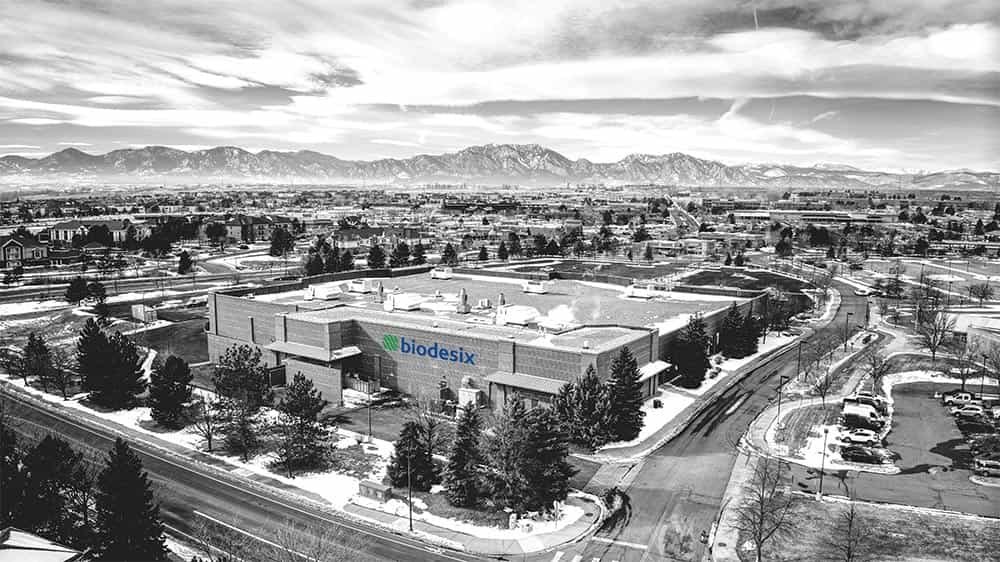
Welcome to the Biodesix Newsroom
For a better appreciation of what we do and why, we highlight how the media covers our company, recent publications by our team members, our presence at key industry events, and how we are engaged in the communities where we live and work.
Are you needing more resources?
If you are a clinician seeking additional patient education resources or a media professional seeking additional media resources such as b-roll, please contact Biodesix Marketing.